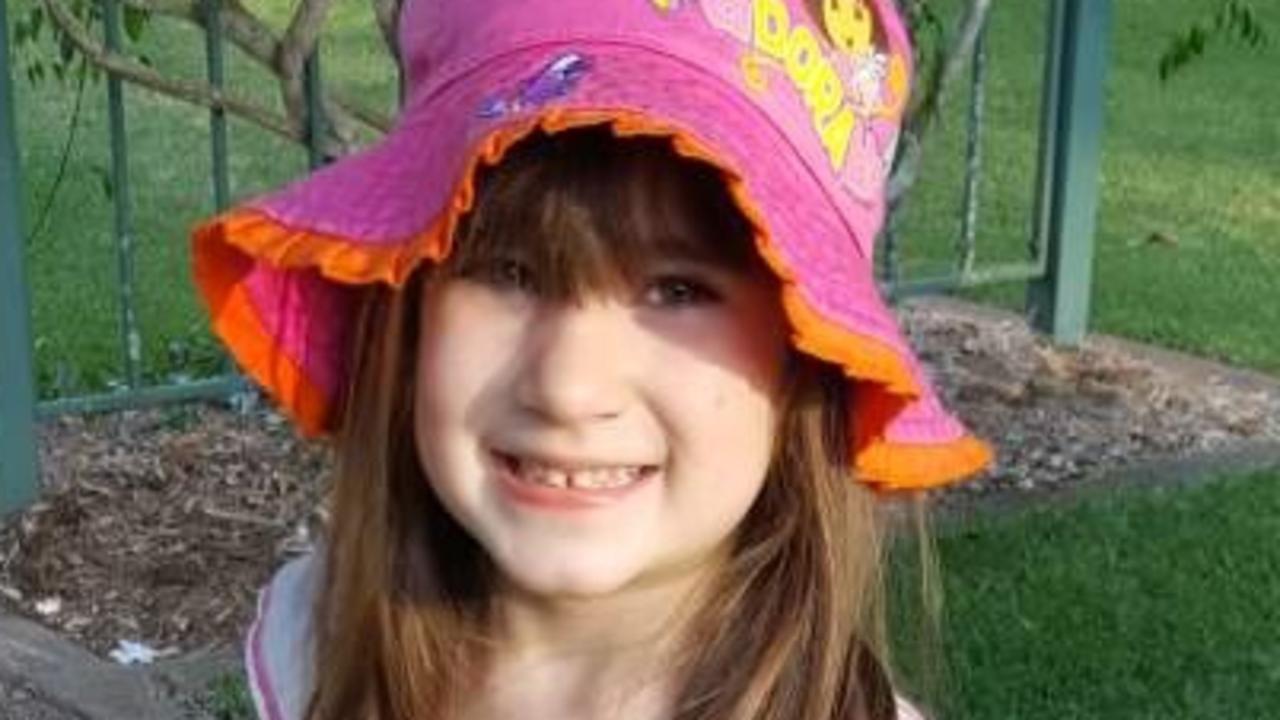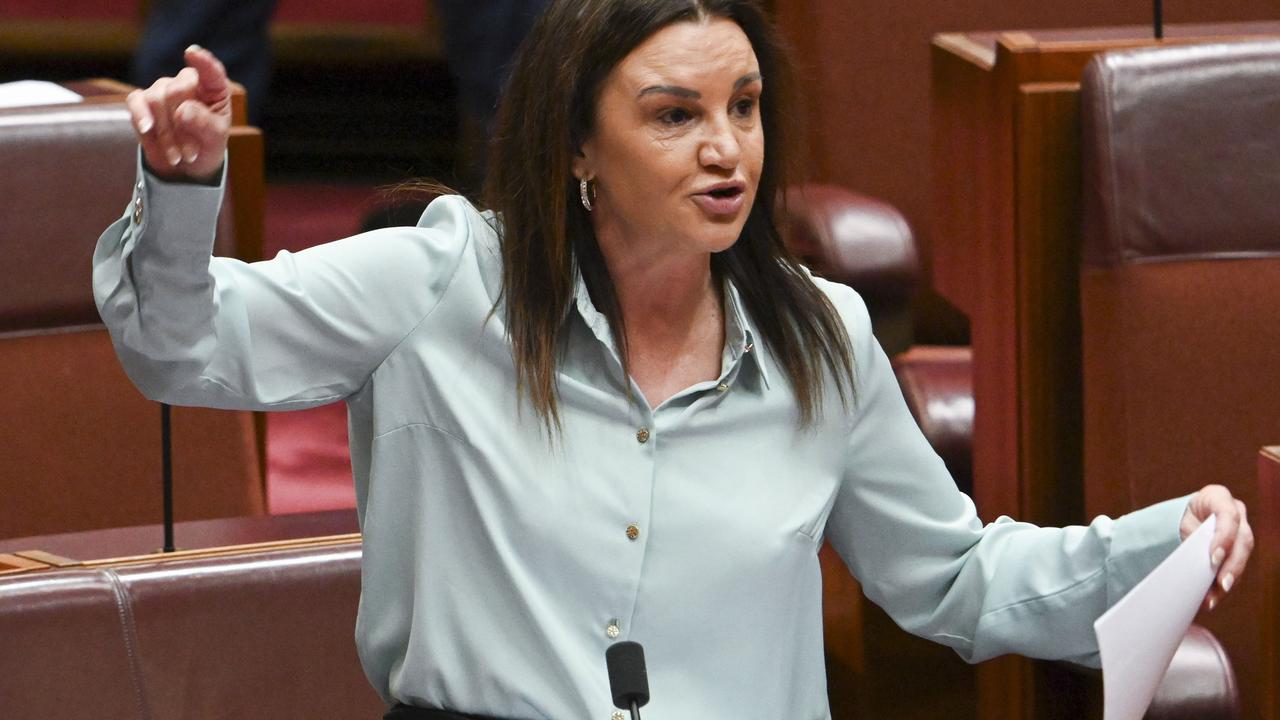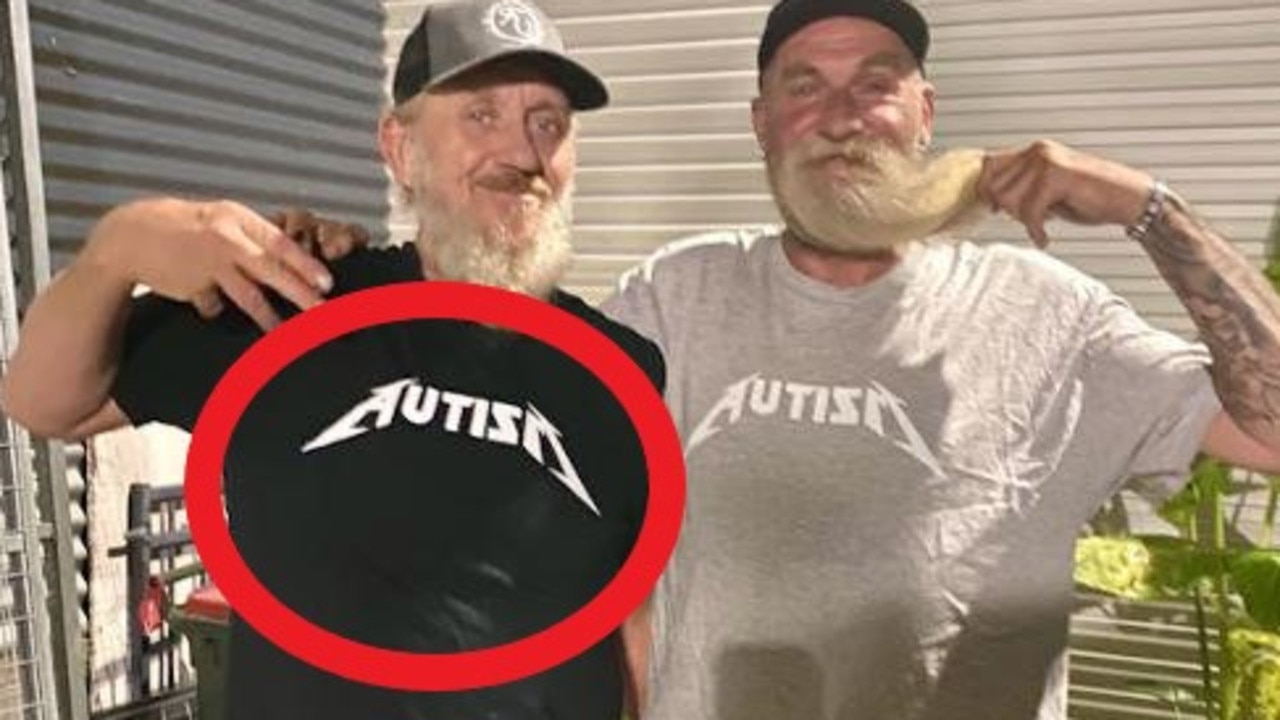‘Most dangerous’ thing about camping revealed
A doctor has revealed what the biggest danger is when camping – and it isn’t what you might think it is.
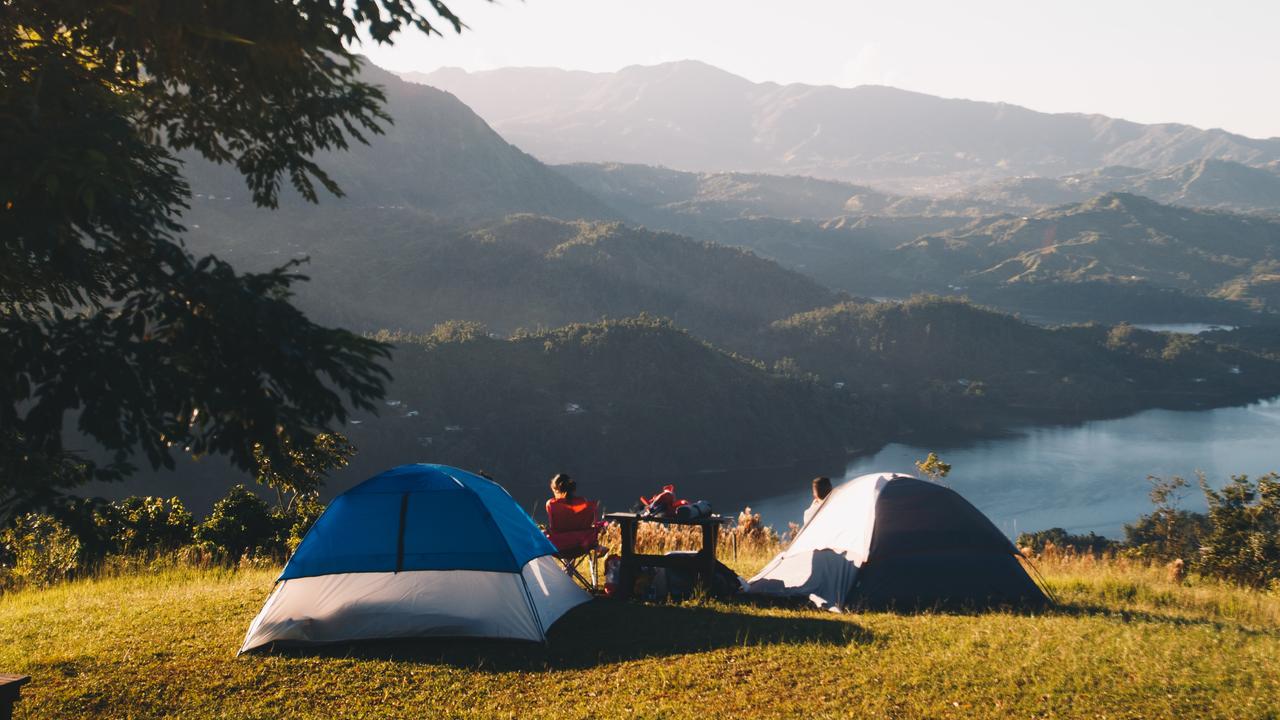
Welcome to Ask Doctor Zac, a weekly column from news.com.au. This week, Dr Zac Turner reveals how to counter the risks involved in a camping trip.
Question: Hi Dr Zac, my family has decided we will save money by camping in our holidays rather than flying overseas and forking out thousands before we even get to our destination. One thing I’m scared of is not being close to medical treatment in the case of an emergency. My kids are very accident prone. I’d like to know what I should have in my first aid kit, and it would be great if it didn’t cost an arm and a leg – Cheryl, 43, Queensland
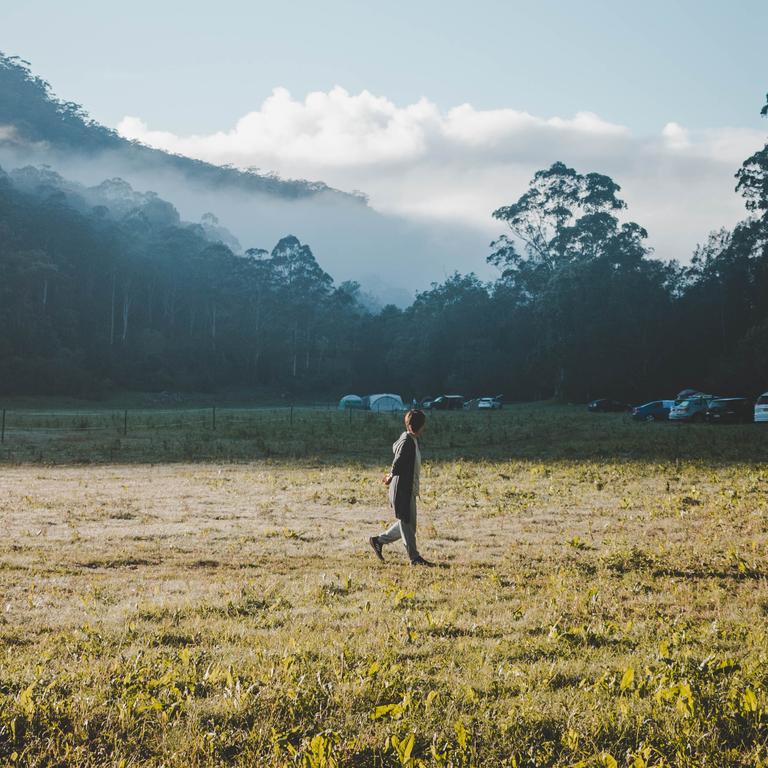
Answer: Thanks for your question Cheryl. A first aid kit isn’t just essential for the camping trip, it’s essential for every household in Australia. You should always keep it in a good place, out of reach from children, and keep an eye on the expiration dates of medicines and creams. Please remember that a first aid kit can never be a substitute for professional medical care: the first thing you should do in an emergency is call triple-0.
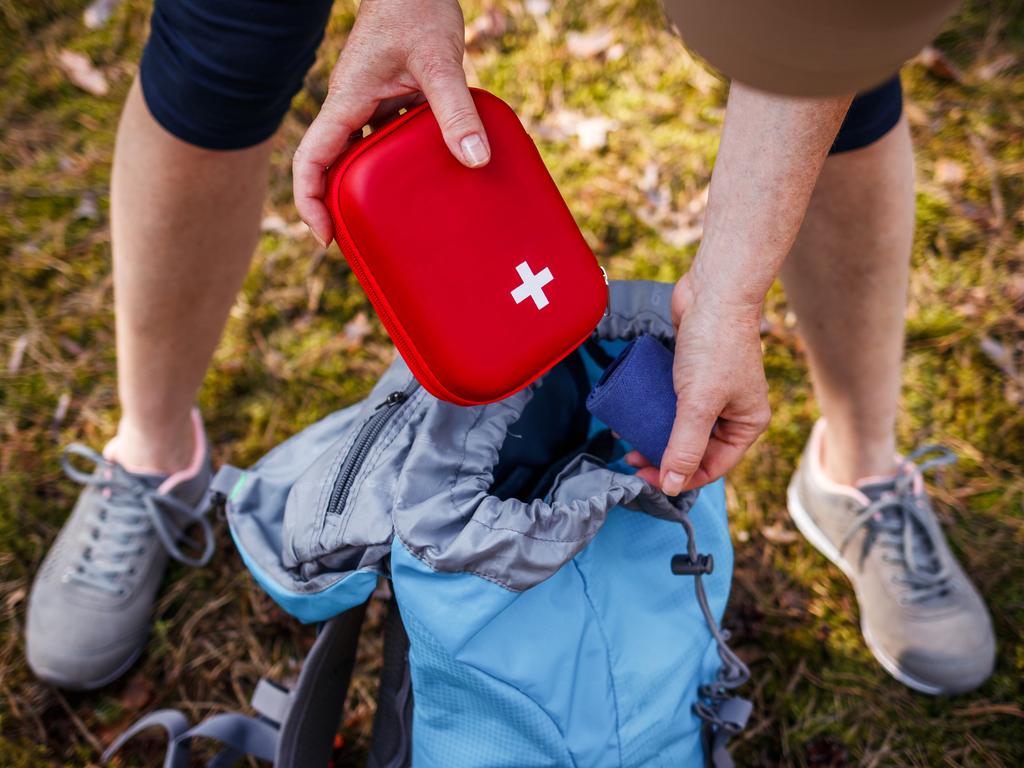
Now you can purchase a pre-made first aid kit, but it can be cost effective to make your own. It’s a simple process but if you decide to DIY it’s essential to stick to the list below and not cut any corners. You should find yourself a large plastic container, and use smaller containers to divide the contents.
First aid essentials
• Bandages, dressings and adhesive band-aids/tape
• Disposable gloves
• A pair of scissors and blunt-nosed shears
• Tweezers
• Saline Solution
• Burn relief cream
• Thermal Blanket
• Medications, depending on the needs of your family and friends
An effective first aid kit can greatly improve the chance of survival for a person who has been injured. It can be the difference between life and death.
However, the most effective step you can take to be prepared for first aid is learn CPR.
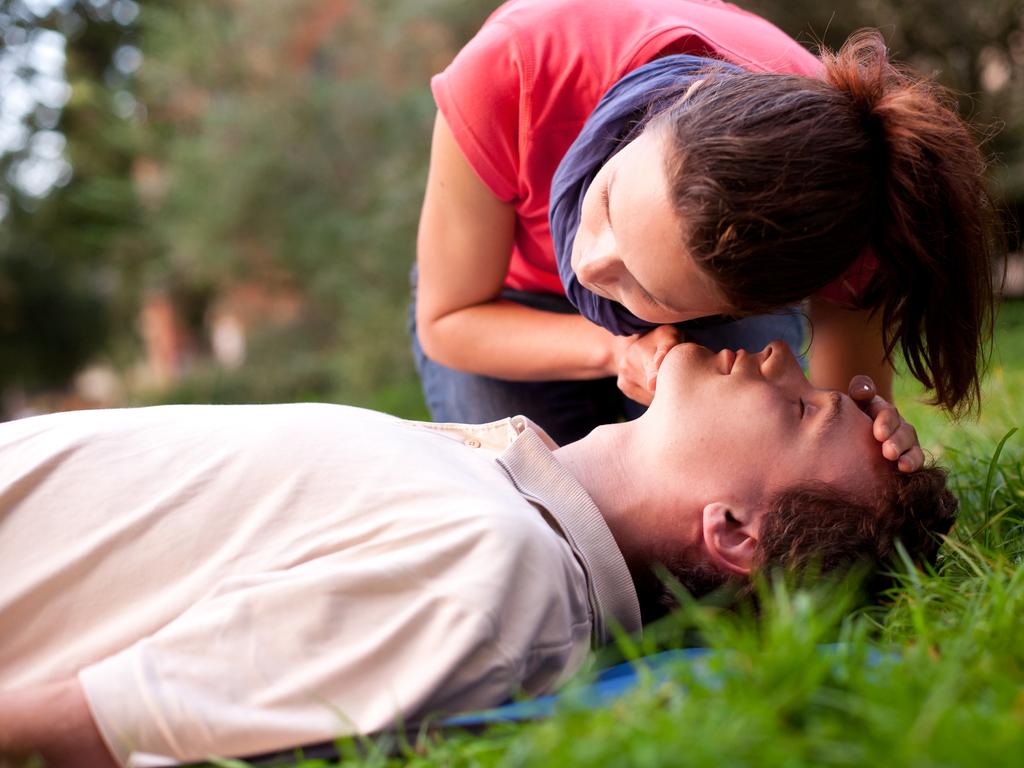
Staying alive
CPR involves chest compressions and rescue breaths to help circulate oxygenated blood to the brain and vital organs. The recommended rate for chest compressions is 100-120 compressions per minute, and you should compress one third of the way down. If you’ve seen that famous episode of The Office where they learn CPR, you’ll know the guide for this is the chorus of Staying Alive by the Bee Gees. It’s important to only stop performing CPR when emergency services arrive, or until the person starts breathing again.
Having said all that, I would like to point out that the most dangerous part of your camping trip is the drive there and back. Please be careful on the road and to remember to take regular breaks when driving.
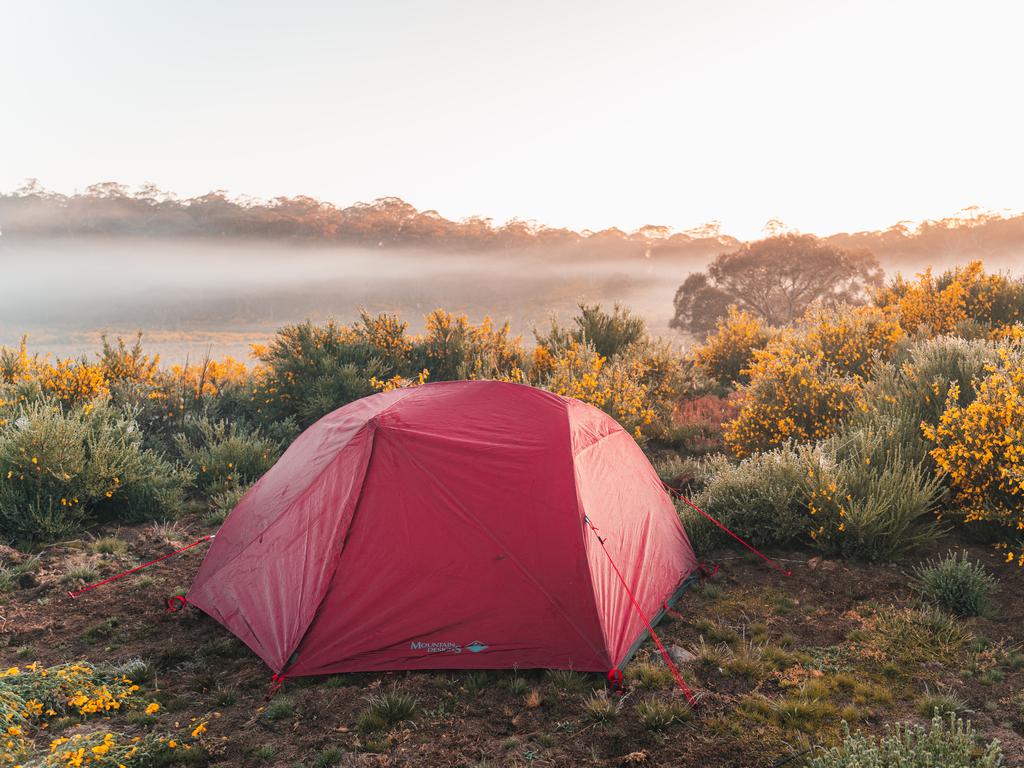
Extreme camping
It’s also good to note that some people’s camping trips are a bit more extreme than others. If that is the case for you or your partner then I definitely recommend chatting to a GP or pharmacist about the trip beforehand. I have had lots of patients do extreme things during their holidays. This can put a lot of stress on your body and heart so make sure that if you’re going remote, prior planning is key.
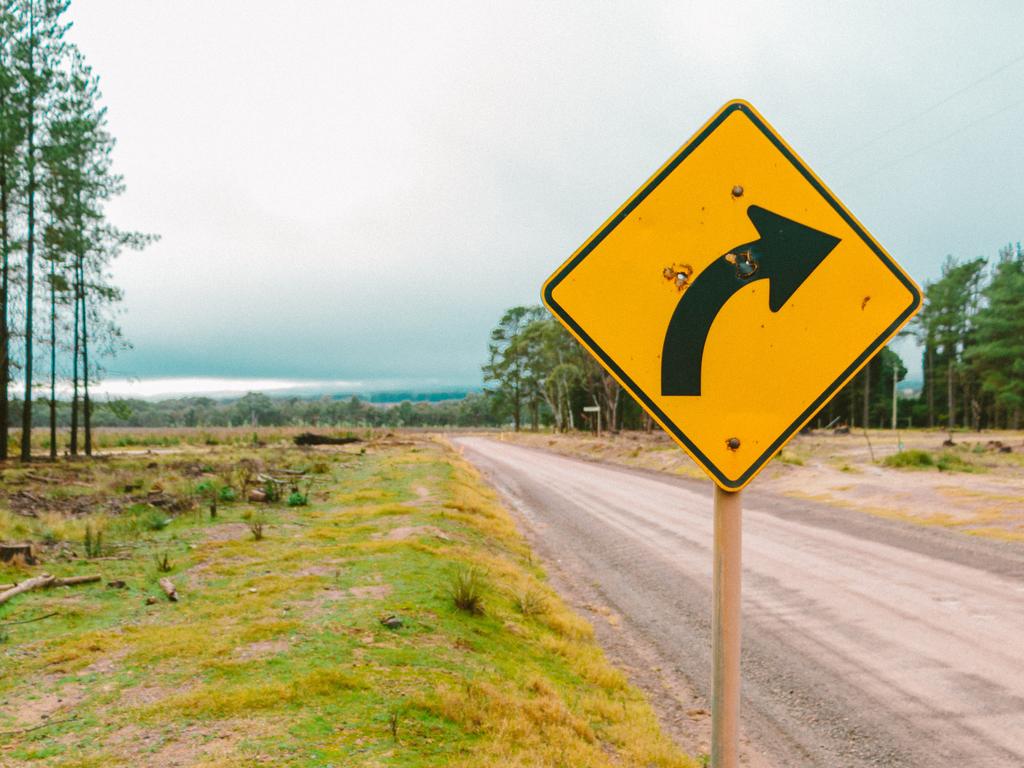
Campsite recce
The best way to stop accidents happening on your camping trip is to take pre-emptive precautions on site. You should ensure your camping spot is a safe environment by walking around and taking everything in. You should be wearing appropriate clothing, and avoid drinking too much or taking any drugs. And I can’t stress enough to be careful with fires, and to keep children well away from them.
Got a question: askdrzac@conciergedoctors.com.au
Dr Zac Turner has a Bachelor of Medicine and Bachelor of Surgery from the University of Sydney. He is both a medical practitioner and a co-owner of telehealth service, Concierge Doctors. He was also a registered nurse and is also a qualified and experienced biomedical scientist along with being a PhD Candidate in Biomedical Engineering




